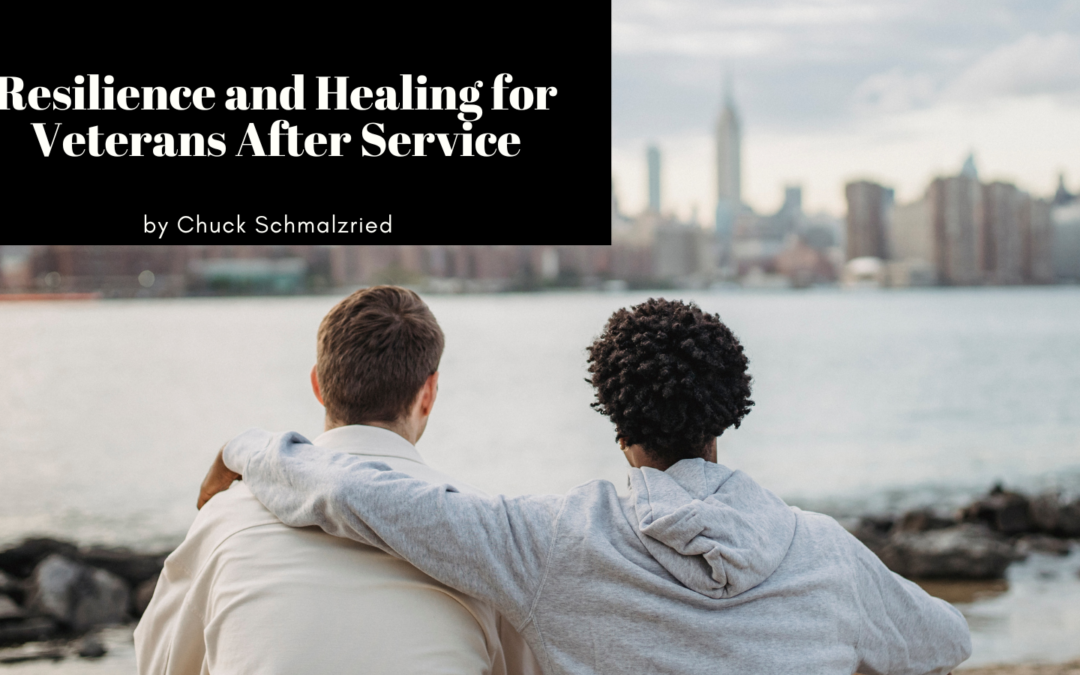Transitioning from military service to civilian life can be challenging for many veterans. The shift from a structured, mission-focused environment to the often unpredictable world of civilian life requires immense resilience. While the skills and discipline gained in the military can aid in this transition, veterans usually face unique challenges that require a focused approach to healing and mental health support. Understanding and addressing these challenges is essential for fostering resilience and ensuring a smooth transition.
The Challenges of Transition
One of the most significant challenges veterans face after service is the loss of the camaraderie and sense of purpose that the military provides. In the military, everyone is part of a team working toward a common goal, with clear roles and responsibilities. The transition to civilian life can leave veterans feeling isolated, disconnected, and struggling to find a new sense of purpose.
In addition to the emotional and psychological challenges, many veterans also face practical issues such as finding employment, adjusting to a new social environment, and managing physical health concerns related to their service. These combined challenges can lead to feelings of frustration, anxiety, and depression, making the transition even more difficult.
Building Resilience
Resilience is the ability to bounce back from adversity, and it’s crucial for veterans as they navigate post-service life. Building resilience involves recognizing and leveraging the strengths developed during military service, such as discipline, adaptability, and problem-solving skills. Veterans can draw on these strengths to tackle the challenges they face and persevere through difficult times.
One key aspect of building resilience is finding a new sense of purpose. Many veterans find fulfillment in continuing to serve their communities in different ways, whether through volunteer work, mentoring, or starting a business. Identifying and pursuing new goals can help veterans regain a sense of direction and meaning in their lives.
Healing Through Connection
Connection is a powerful tool for healing. Veterans often find solace in reconnecting with fellow service members who understand their experiences. Peer support groups, veterans’ organizations, and community activities can help foster these connections, providing a sense of belonging and reducing feelings of isolation.
Family and friends also play a crucial role in the healing process. Open communication, understanding, and support from loved ones can help veterans feel more grounded and supported as they work through the challenges of transitioning to civilian life.
Resilience and healing are vital components of a successful veteran transition after service. By building on their strengths, seeking mental health support, and staying connected with others, veterans can navigate the challenges of post-service life and find new paths to fulfillment and well-being. It’s a journey that requires patience, persistence, and a strong support system, but with the right resources and mindset, veterans can thrive in their new roles as civilians.
